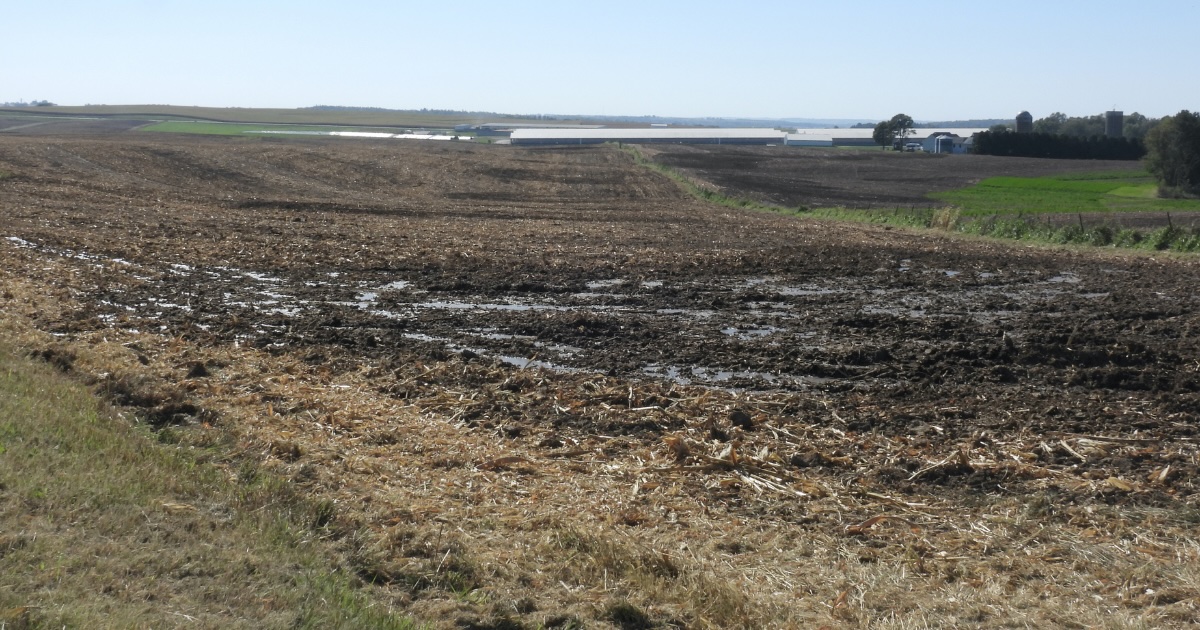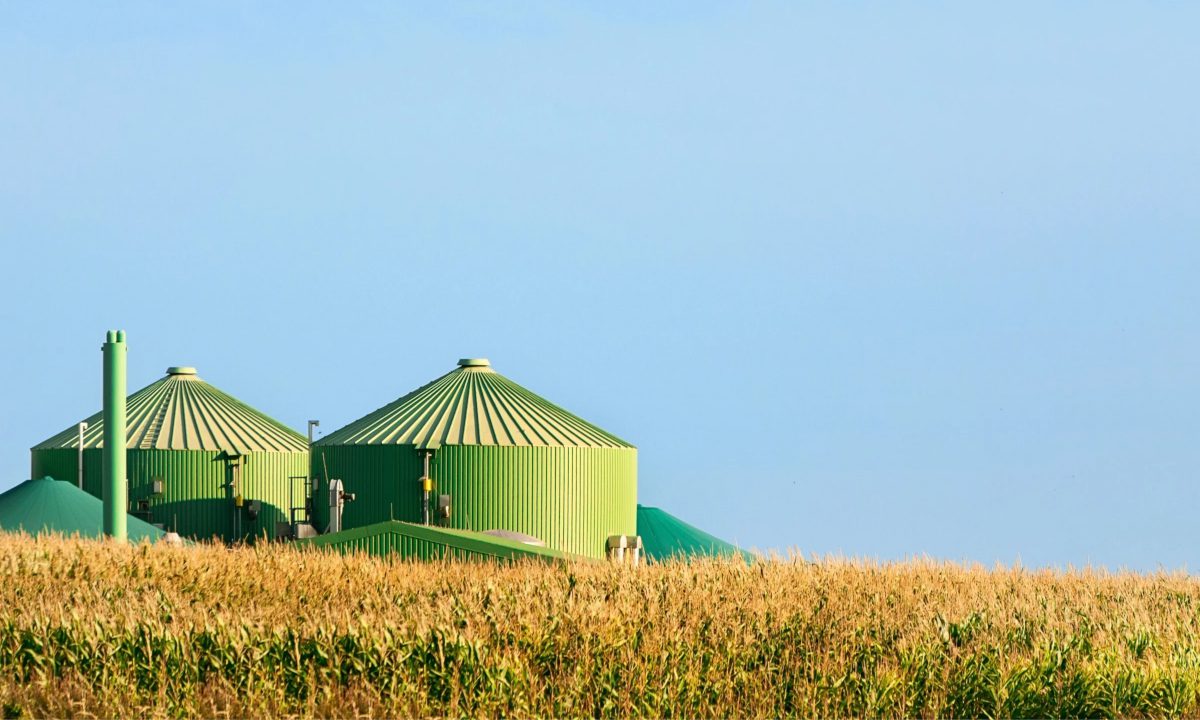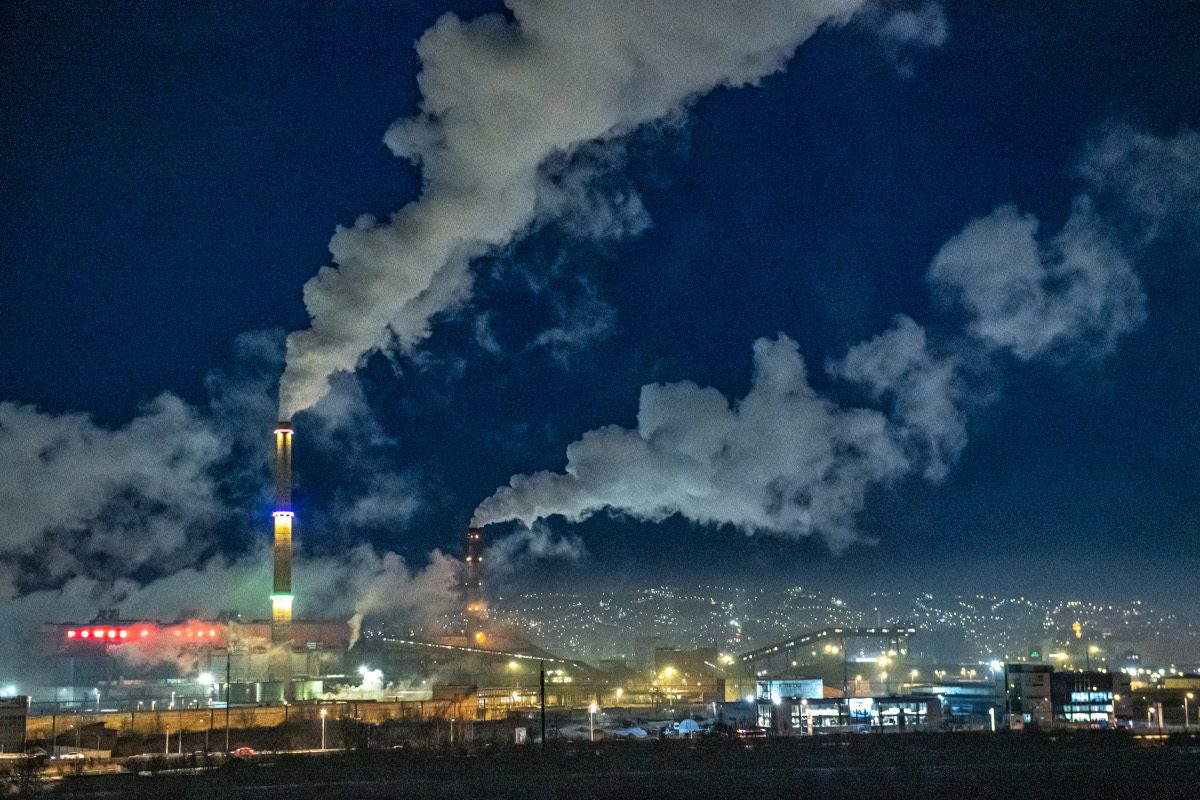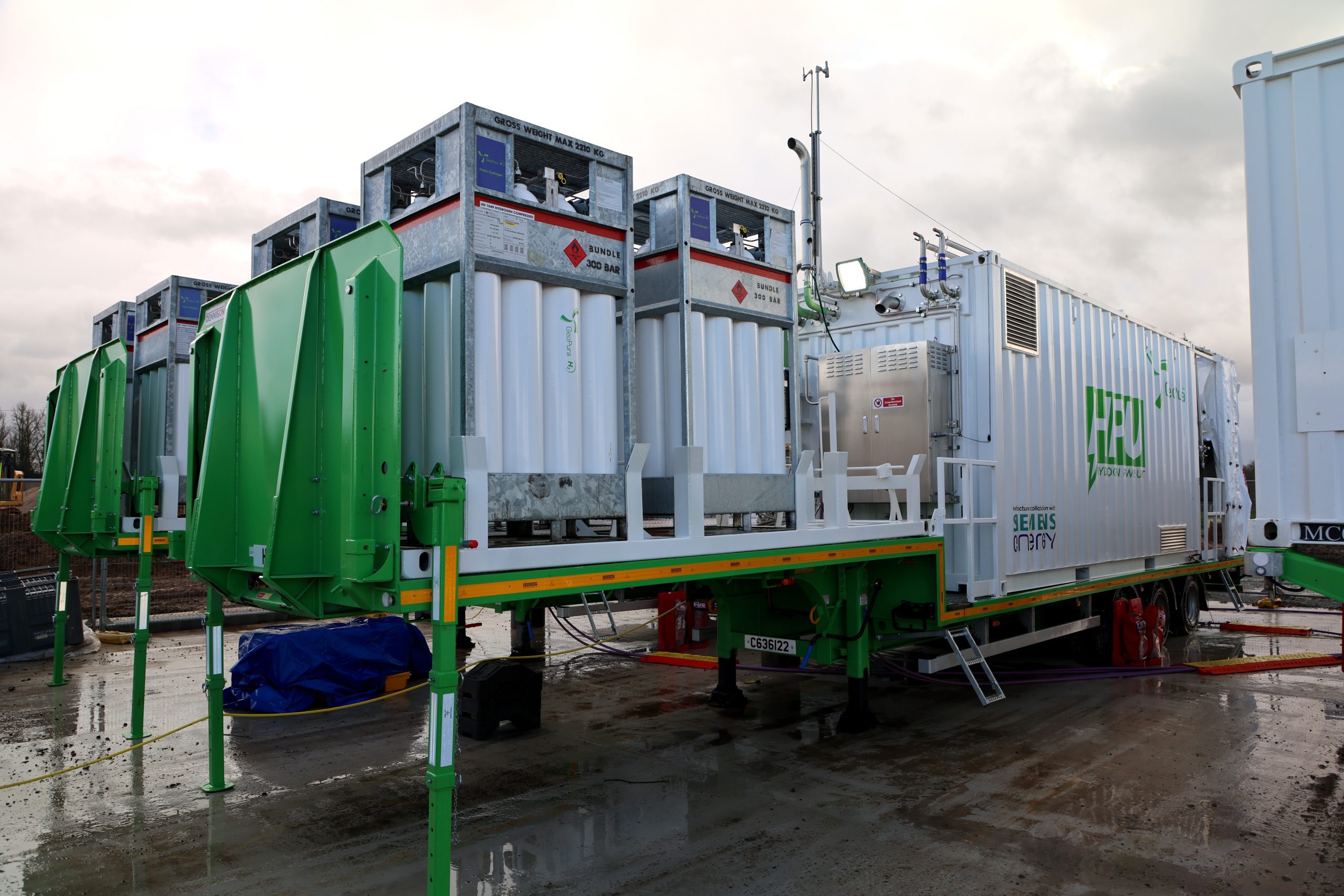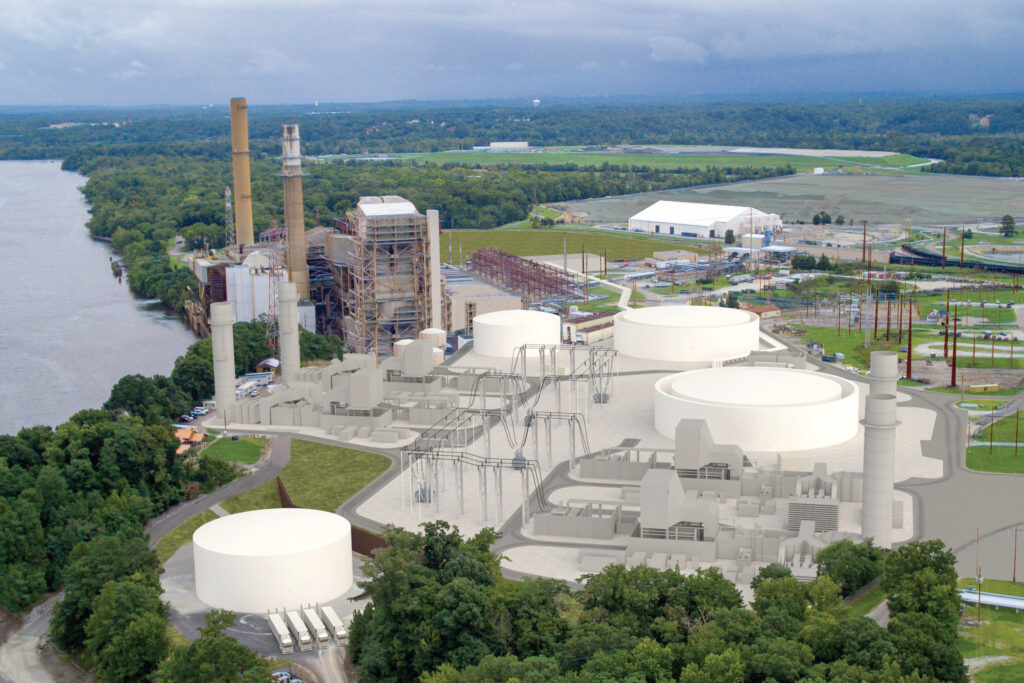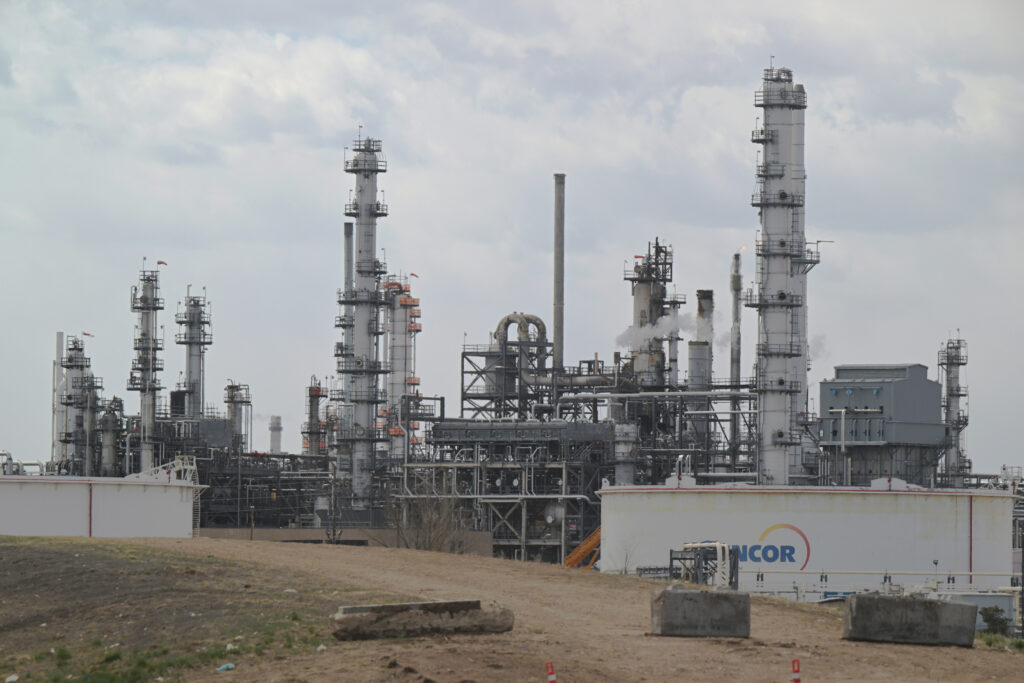If you make a deal with the devil, “the devil will bite you.”
That’s the advice Manning Rollerson Jr. III, an environmental justice advocate from Freeport, Texas, had for Japanese Prime Minister Shigeru Ishiba, who is scheduled to meet with President Donald Trump in Washington on Friday.
Ishiba is widely anticipated to pledge that Japan, one of the largest importers and financiers of liquified natural gas, will increase U.S. LNG imports when he meets with Trump, according to Japanese and U.S. media reports.
However, Rollerson and other environmental advocates from the U.S. recently traveled to Japan to urge political leaders and banking executives there to stop importing and financing LNG.
“It’s not worth it,” Rollerson said of LNG in an address to members of the National Diet, Japan’s parliament, in Tokyo on Jan. 30. “Just like it affects the American people, it will affect the Japanese people.”
We’re hiring!
Please take a look at the new openings in our newsroom.
See jobs
Rollerson, who is Black, is a deacon and founder of the Freeport Haven Project, a nonprofit focused on housing and environmental justice in a community heavily impacted by fossil fuel development.
“I lost 17 family members to cancer in the past seven years,” said Rollerson, 63. “Everybody is dying from cancer in my community.”
Rollerson said he attributes the deaths to pollution from oil refineries and a large LNG terminal in Freeport, which began importing LNG in 2008 and exporting in 2019.
Freeport, part of the Houston region, is located in a “serious” nonattainment area for ground-level ozone pollution, often known as smog.
A U.S. Department of Energy report published in December found that “the operation of LNG export facilities releases pollutants that are harmful to human health” and are disproportionately located in poor areas and communities of color.
Air pollution in the community adjacent to the Freeport LNG facility posed some of the highest lifetime air toxics cancer risk and air toxics respiratory hazards of any community in the country, according to a report published in May by the Bullard Center for Environmental and Climate Justice at Texas Southern University. The report noted that Freeport has a significantly higher Black and Hispanic population than the state and national average and twice the family poverty rate.
An explosion at the Freeport LNG terminal in June 2022 knocked a lifeguard off her chair on a nearby beach, injured a toddler and shut the plant down for eight months, according to the report.
Freeport LNG, the company that operates that terminal, declined a request for comment.
“The benefits of U.S. LNG for stabilizing global energy markets, supporting thousands of American jobs, and reducing emissions have been proven time and time again,” a spokesperson for the American Petroleum Institute said. “We are confident that any unbiased study of LNG exports will reflect these realities.”
Sharon Wilson disagrees. She’s the director of Oilfield Witness, a nonprofit organization that uses specialized imaging equipment to detect emissions of methane—the top driver of climate change after carbon dioxide—and other hydrocarbons from oil and gas infrastructure.
“The oil and gas industry lied to you when they said LNG was clean energy,” Wilson, who also addressed the Diet on Jan. 30, said as she spoke before the body.
“But I’m not just going to tell you that, I’m going to show you,” Wilson said as she shared videos of methane and other pollution billowing from LNG terminals and other oil and gas infrastructure that she and others captured with optical gas imaging technology.
The videos Wilson showed did not quantify the volume of pollution being released. However, recent peer-reviewed studies include such calculations.
Methane emissions from U.S. oil-and-gas-producing regions are roughly three times higher than official government estimates, according to a study published in the journal Nature in March that was based on nearly 1 million measurements of actual emissions.
This story is funded by readers like you.
Our nonprofit newsroom provides award-winning climate coverage free of charge and advertising. We rely on donations from readers like you to keep going. Please donate now to support our work.
Donate Now
The greenhouse gas footprint for LNG as a fuel source is 33 percent greater than that for coal when assessing climate impacts over a 20-year period, according to a study published in September by Robert Howarth, a professor at Cornell University.
The Energy Department report published in December found that increased U.S. LNG exports would lead to increased global greenhouse gas emissions.
Japan’s Role in Funding U.S. LNG
Susanne Wong, the Asia program manager at Oil Change International, an environmental organization based in Washington, said Japanese banks and the government of Japan itself play an outsized role in funding new LNG projects worldwide.
Japan has provided $39.7 billion for LNG export terminals around the globe since 2012, making the country the world’s largest provider of international public finance for LNG export capacity, according to a 2023 report by the organization.
The Japan Bank for International Cooperation led investments in Freeport LNG in 2014, lending more than $2 billion to Freeport LNG that allowed for the initial buildout of the company’s export terminal. The bank has invested $18.6 billion in LNG and natural gas since 2016, according to a report by Friends of the Earth Japan and other organizations.
JBIC did not immediately respond to a request for comment.
JERA, Japan’s largest electric utility company, acquired a 25.7 percent ownership stake in Freeport LNG in 2022, according to the company.
Wilson said she hopes Japanese political leaders and business officials will stop financing new LNG export capacity in the U.S. and elsewhere and transition off fossil fuels.
“The people in power right now in the U.S. don’t care about Manning Rollerson and they don’t care about climate change,” Wilson told Inside Climate News. “I think that our best avenue right now is working internationally where there are more reasonable systems of government, because in the U.S., the oil and gas industry doesn’t just pollute our environment, they pollute our systems of governance.”
Rollerson, who invited members of Japan’s parliament to visit Freeport to see the environmental impact of LNG exports firsthand, said he would like political leaders in Japan to consider the human impact of LNG when weighing future actions.
“I would like you to consider us as human beings,” Rollerson said. “Our children have a right to have clean air and clean water.”
About This Story
Perhaps you noticed: This story, like all the news we publish, is free to read. That’s because Inside Climate News is a 501c3 nonprofit organization. We do not charge a subscription fee, lock our news behind a paywall, or clutter our website with ads. We make our news on climate and the environment freely available to you and anyone who wants it.
That’s not all. We also share our news for free with scores of other media organizations around the country. Many of them can’t afford to do environmental journalism of their own. We’ve built bureaus from coast to coast to report local stories, collaborate with local newsrooms and co-publish articles so that this vital work is shared as widely as possible.
Two of us launched ICN in 2007. Six years later we earned a Pulitzer Prize for National Reporting, and now we run the oldest and largest dedicated climate newsroom in the nation. We tell the story in all its complexity. We hold polluters accountable. We expose environmental injustice. We debunk misinformation. We scrutinize solutions and inspire action.
Donations from readers like you fund every aspect of what we do. If you don’t already, will you support our ongoing work, our reporting on the biggest crisis facing our planet, and help us reach even more readers in more places?
Please take a moment to make a tax-deductible donation. Every one of them makes a difference.
Thank you,








